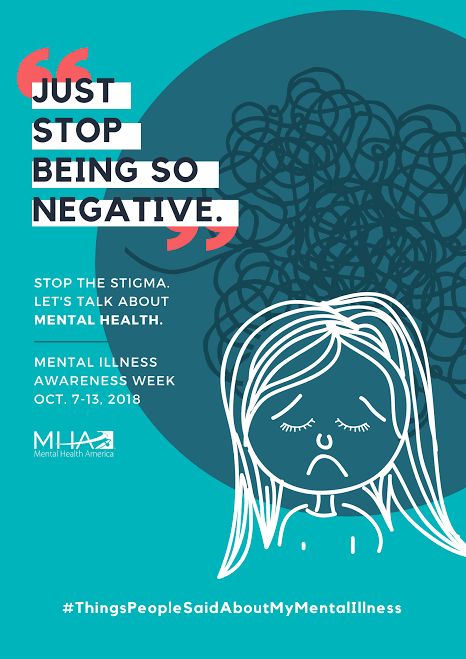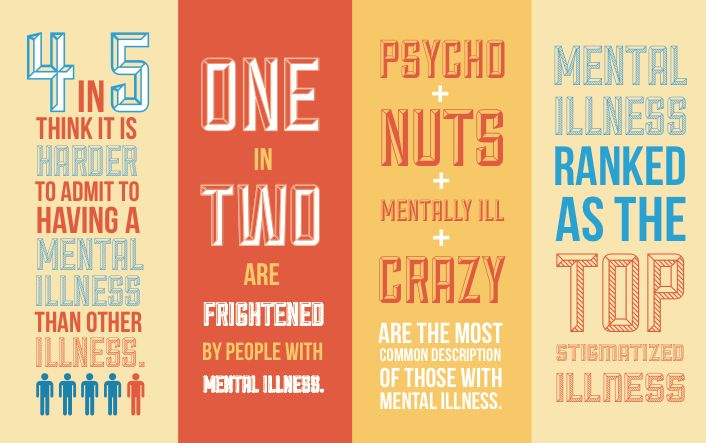Mental Illness Is A Common Disease
Jan 19, 2019 • 27 views
Why we can't accept mental diseases like other diseases?

When we hear a person is suffering from depression and other mental illness, why treat like them like an untouchable?
People described the names others used to describe people with mental health problems, such as 'mad', 'psycho',' crazy', or 'nuts'. They said people with mental health problems can be excluded from the community or made fun of. TV and media were seen as almost always portraying mental health problems as something dangerous or scary.

Mental illness is not a communicable disease, it is an abnormality in the persons' psychological system. There is most widely believed myth is that mental illness is not a physical disease. As mental illness doesn't have a particular cause, people have a false belief due to lack of proper understanding, social norms. Many believe that the patients are such due to some faults or defects in them, which can lead to insensitive statements which can hurt sentiments.

There is a lot of public misconception. For example :
Many people say depression as simply being “overly sad”, when in fact the symptoms include chronic fatigue, insomnia, difficulty concentrating, persistent feelings of hopelessness and worthlessness. Too often those who try to help patients with depression often lack the proper understanding of the illness, that it cannot be cured simply through cheering up. This then creates frustration in both parties.
We pass somebody in the street lying there who's down or somebody that's eating out of a garbage bin or it's only when the negativity arises on the news portraying a mental patient causing crime which looks very furious.

why wasn't this person is in proper care?
Attitudes toward mental illness vary among individuals, families, ethnicities, cultures, and countries. Cultural and religious teachings often influence beliefs about the origins and nature of mental illness and shape attitudes towards the mentally ill. In addition to influencing whether mentally ill individuals experience social stigma, beliefs about mental illness can affect patients’ readiness and willingness to seek and adhere to treatment.
When a person suffering from mental illness is diagnosed there are many questions. What is the result? What are the side effects of the medications? How long has the illness gone undiagnosed? Is there a cure for it?

Remember, mental health conditions are not only common, but they are also treatable. There is a wide variety of treatment options for mental illnesses ranging from talk therapy to medication to peer support, and it may take some time for a person to find the right treatment or combination of treatments that works best for them. But when they do, the results can be truly amazing and life-changing.
